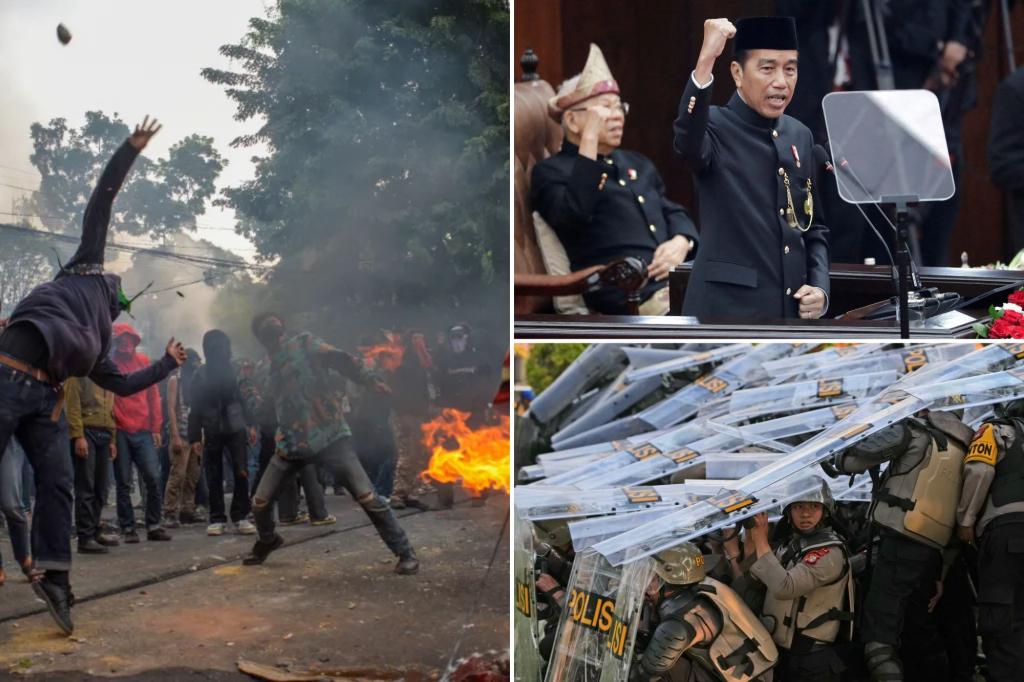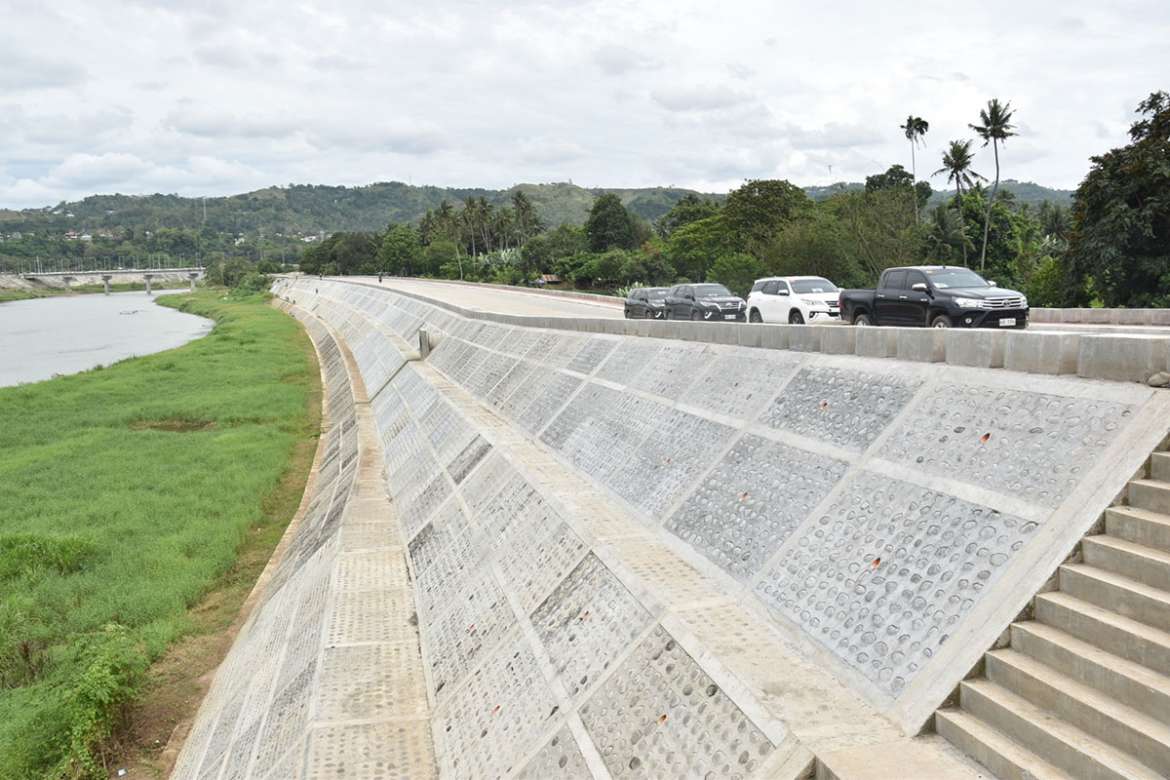
21 Sep, 2025
3 min read
Supreme Court Implements Mandatory Pro Bono Legal Service Through ULAS Rules
Lawyer Karl Arian A. Castillo, senior partner at Fortun Narvasa & Salazar, recently highlighted the importance of the newly established Unified Legal Service Aid (ULAS) Rules during an event organized by the Far Eastern University Legal Aid Bureau (FEULAB).
The ULAS Rules, promulgated by the Supreme Court in 2024, seek to institutionalize and broaden legal assistance throughout the Philippines, ensuring that all Filipinos, particularly those without financial means, have access to free legal support.
The event, "FEULAB Talk: Unified Legal Service Aid (ULAS)," was held in collaboration with the Integrated Bar of the Philippines (IBP) Manila IV Chapter and brought together practicing lawyers and law students.
Castillo, a prominent advocate for legal aid and a recognized litigator, is a key participant in the ULAS initiative. He serves as a member of the ULAS Technical Working Group, director on the ULAS Interim Board, and auditor for the IBP Makati Chapter, reinforcing his pivotal role in advancing pro bono legal services.
Last May, the Supreme Court formally approved the ULAS Manual, launching a nationwide framework that requires qualified lawyers to provide a minimum of 60 hours of free legal aid every three years. This mandate targets indigent and marginalized individuals, as well as eligible non-profit organizations.
Covered legal services under ULAS include court representation, legal consultation, document preparation, developmental legal support, and participation in accredited outreach programs. Beneficiaries may qualify through court appointment (counsel de officio) or by applying and meeting indigency criteria per the manual’s assessment standards.
Lawyers are required to register and submit compliance reports via the forthcoming ULAS Portal, which will facilitate online management of documentation, requests, and reports related to pro bono work.
Alternatively, lawyers may fulfill up to 50% of their pro bono hours through financial contributions to the ULAS Fund, provided payments are made before the end of each compliance cycle. Reasonable expenses incurred during service, such as transportation and printing costs, can be reimbursed from the fund, subject to approval and fund availability.
Completing the 60-hour requirement grants lawyers 15 credit units toward their Mandatory Continuing Legal Education (MCLE) and may qualify them for applicable tax incentives.
The ULAS Board, chaired by a sitting Supreme Court justice and composed of representatives from the IBP, MCLE Governing Board, Philippine Association of Law Schools, and private practitioners from Luzon, Visayas, and Mindanao, will oversee the program’s implementation.
Non-compliance by covered lawyers may result in fines, delinquency status within the IBP, and denial of a Certificate of Good Standing. A 60-day grace period is allowed for rectifying any lapses following notification.
Exemptions apply to members of the judiciary, Public Attorney’s Office personnel, and lawyers with over 35 years of practice.
Recommended For You

Indonesian President Cancels China Visit Amid Widespread Protests and Violence
Sep 21, 2025
Maria Santos

Rep. Bienvenido Abante Denies Existence of Substandard Flood Control Projects in Manila's 6th District
Sep 21, 2025
Ana Marie Gonzales
ABS-CBN Remains the Foremost Media and Entertainment Leader in the Philippines
Sep 21, 2025
Paolo Benitez

Taraka Harnesses Solar Power to Transform Irrigation and Agriculture
Sep 21, 2025
Ana Marie Gonzales
